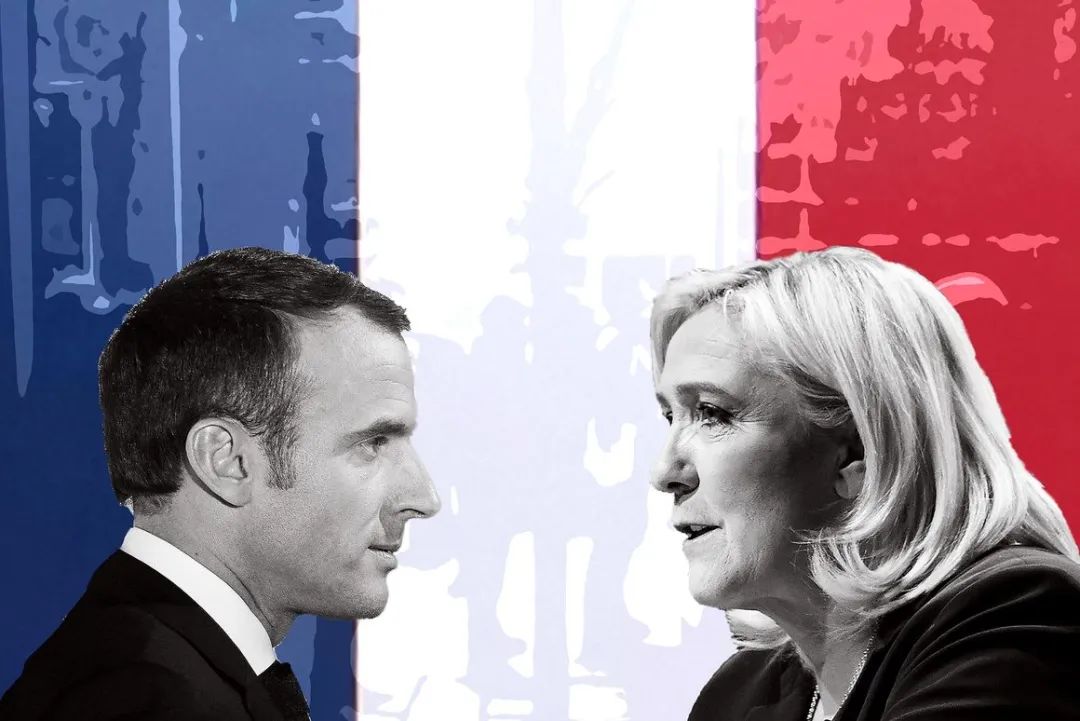
As the French National Assembly elections approach, the two rounds of voting scheduled for June 30 and July 7 are at the nerve of European and global markets. In this interweaving of politics and economics, the role of the European Central Bank (ECB) is in the spotlight. There is widespread concern that the election result could trigger market panic and prompt the ECB to intervene.
French President Emmanuel Macron decided to dissolve the National Assembly and call a new election after the results of the European Parliament election on June 9 were announced, as the ruling party's support rate was far lower than that of the far-right party. The decision added to market jitters, with investors worried that a "right-wing coalition" led by the National Alliance or a "New Popular Front" of left-wing parties could win a majority in parliament, triggering political and economic uncertainty.
Against this backdrop, the spread between French government borrowing costs and German government borrowing costs has reached its highest level since the European debt crisis, becoming a key indicator of political risk. German Finance Minister Ursula Lindner issued a warning, urging the ECB to stay on the sidelines, noting that it could "raise some economic and constitutional questions" if the central bank stepped in to ease financial turmoil after the French vote.
Lindner's concerns are not unfounded. Two years ago, the ECB announced the launch of its Transmission Protection Instrument (TPI), which gives it the power to help countries in crisis by buying unlimited amounts of debt. The French parliamentary election is considered to be the first test of TPI. In the face of possible political turmoil in France, markets are closely watching how the ECB will respond.
When the European Central Bank formulated the TPI activation criteria, it clearly stipulated that a country should "comply with the EU fiscal framework" as the first condition. However, France's current budget deficit is already well above the EU limit, leading some economists to believe that France has been excluded from the TPI. Privately, however, ECB officials say they have enough leeway to use the new program even if a country like France breaks fiscal rules.
The focus is on how the ECB will assess and respond if the French election results trigger market panic. ECB chief economist Mario Rehn recently suggested that the key is whether the market reaction is judged to be 'disorderly.' The ECB could take action if the policies of the next French government lead to a broad sell-off of French assets and those of other highly indebted euro zone countries.
It is worth noting that ECB executives will hold their annual meeting in Portugal shortly after the first round of the election results are announced. Christine Lagarde, the ECB's president, will then be under pressure to say how the bank will respond to a possible financial crisis. The issue is a test not only of Ms Lagarde's wisdom, but also of the ECB's resolve and ability to maintain stability in the eurozone.
In addition to the French election, a number of important economic data will be released this week, including eurozone and German inflation data and industrial production data. These data will directly affect the market's judgment on the economic outlook of the eurozone, and in turn affect the monetary policy decisions of the European Central Bank. The easing of inflationary pressures in the euro zone is widely expected to confirm the ECB's June rate cut.
In the current political and economic environment, the ECB faces unprecedented challenges. How to balance the interests and needs of all countries while maintaining the stability of the eurozone is an important issue for the European Central Bank. For the general public, understanding the ECB's policy movements and market reactions will help people better grasp the future economic direction and investment opportunities.

The South Korean political arena has once again been embroiled in a public controversy over a judicial investigation that has shaken the entire nation.
The South Korean political arena has once again been embroi…
On the morning of December 29th local time, the precious me…
According to the US media Barchart, recently, the fluctuati…
On December 29th, Mar-a-Lago in Florida, USA, witnessed a h…
SoftBank Group announced on Monday that it has agreed to ac…
Recently, the US State Department issued a visa ban, adding…